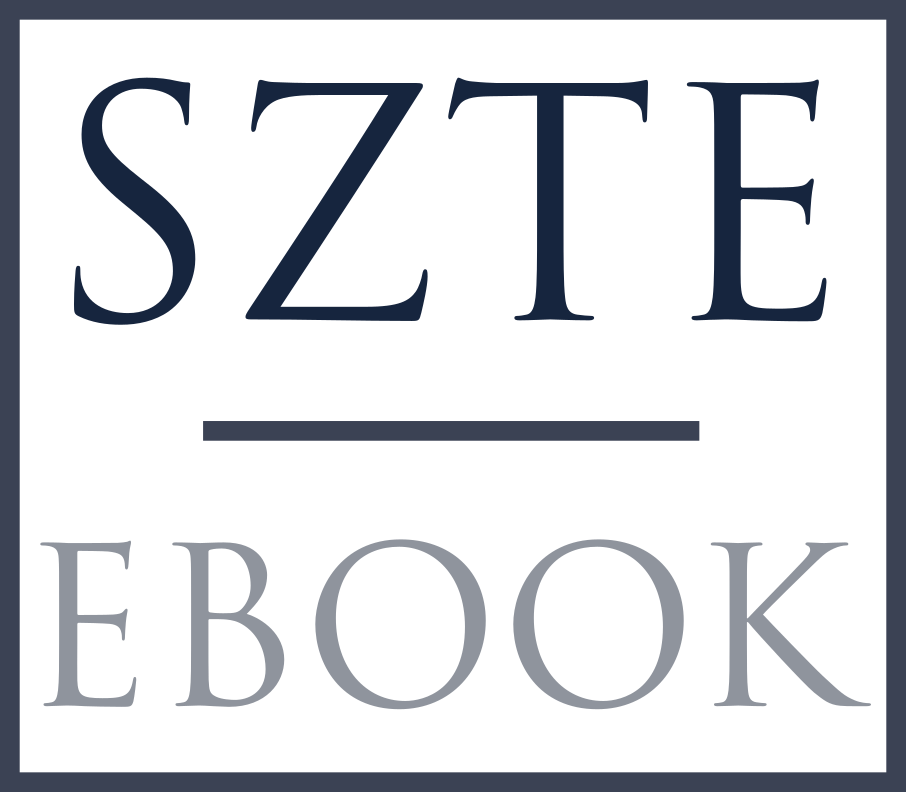“Who Cares about the Animal Leaning against the Tree?”: – Wolves in the Poetry of Pilinszky
Synopsis
“So be like the animals, / such raw-beauty and pure,” wrote Pilinszky in his poem “Magamhoz” (“To Myself”). My paper explores how the wolf, the “pure-hearted animal,” becomes integrated into the complex network of motifs in the lyrical oeuvre. In the examined works, the meaning of the symbol diverges in two different directions: “Két szonett” (“Two Sonnets,” 1939) and “Ahogyan csak” (“As It Will,” 1971) hold classical biblical, apocalyptic connotations, while the embedded poem of “KZ-oratórium” (“KZ Oratory,” 1962), known as “Fabula,” and “Juttának” (“To Jutta,” 1971) have more specific readings. The study argues that these unique significations refer simultaneously to sacrality and profanity and evoke associations ranging from sanctity to Holocaust victims, as the wolves symbolically stand in place of concepts such as exclusion and lovelessness. The figure of the wolf is associated with a number of important motifs – mass, sacrifice, eating, monstrance, winter, snow – and resonates with fundamental concepts of Pilinszky’s poetry – love, innocence, guilt, abandonment. Therefore, a more contextualised interpretation drawing a comparison with other areas of Piliniszky’s oeuvre may yield exciting results.
Keywords: wolf symbol, sacramentality, personalism, dehumanization


